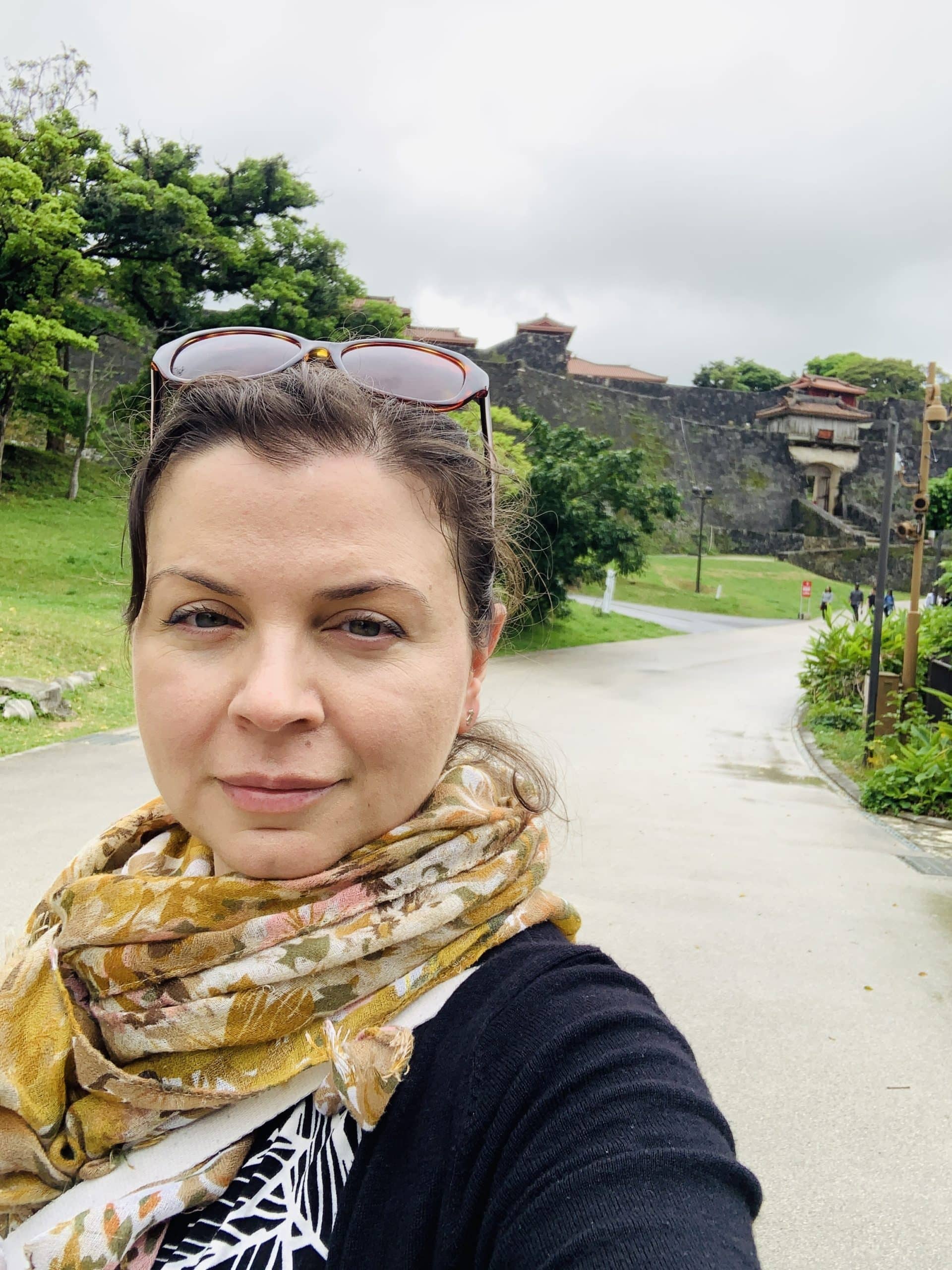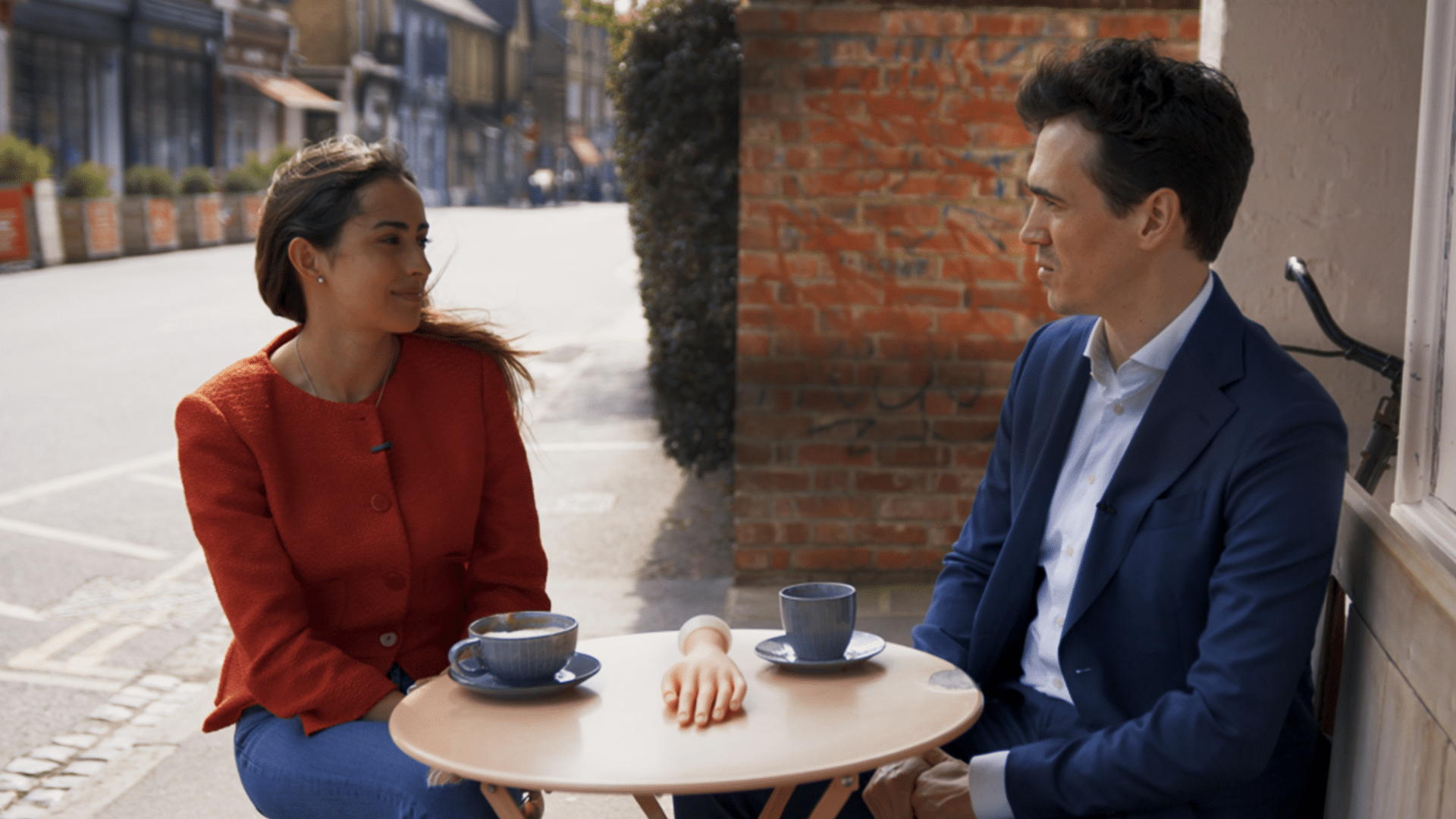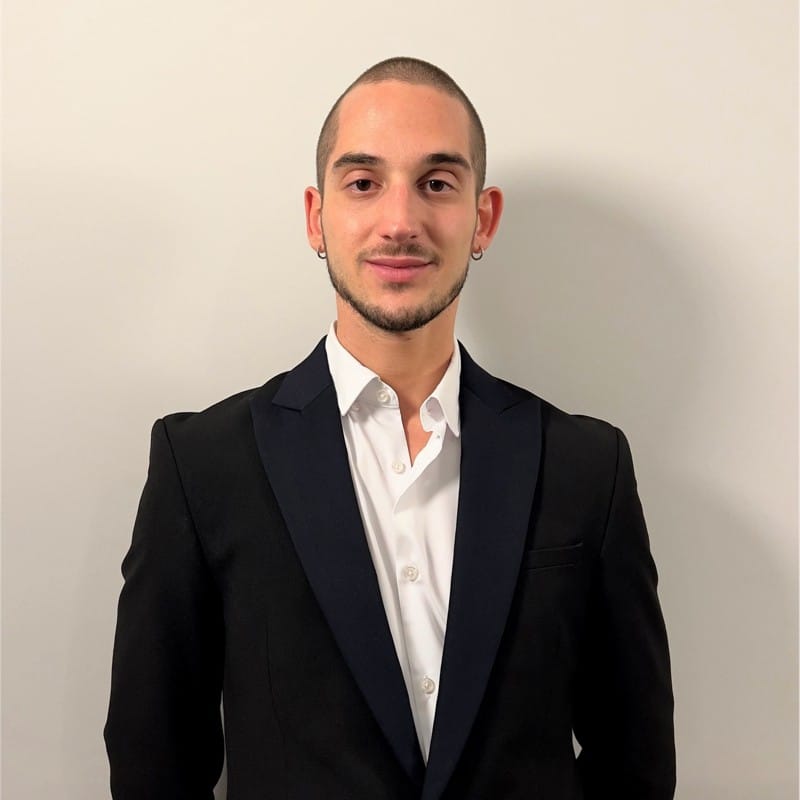Science is everywhere...
start here
Media

Suspicious Minds: The Secrets of Fossil Brains
Dinosaur bones and the ‘hard parts’ of other prehistoric creatures can famously be preserved as fossils, providing us with…
New
Most Popular

Alexandra Morton-Hayward
Forensic anthropologist
After six years as an undertaker and embalmer—during which I cared for over 5,000 individuals—I became captivated by the…
New
Most Popular

Daniela Nasteska
Diabetes researcher
Being a writer or a scientist? That was the question. The 7-year-old Daniela decided that she is going to…
New
Most Popular

Code-Based Colleagues: The Future of Work and AI
Artificial Intelligence (AI) tools, such as the ‘chatbot’ ChatGPT, have blown us away recently – not only with their…
New
Most Popular

Giamp Valenzano
Cancer Immunologist & Oxford Sparks Ambassador
Hi! My name is Giamp. I am a medic by training and have graduated from the International Medical School…
New
Most Popular
